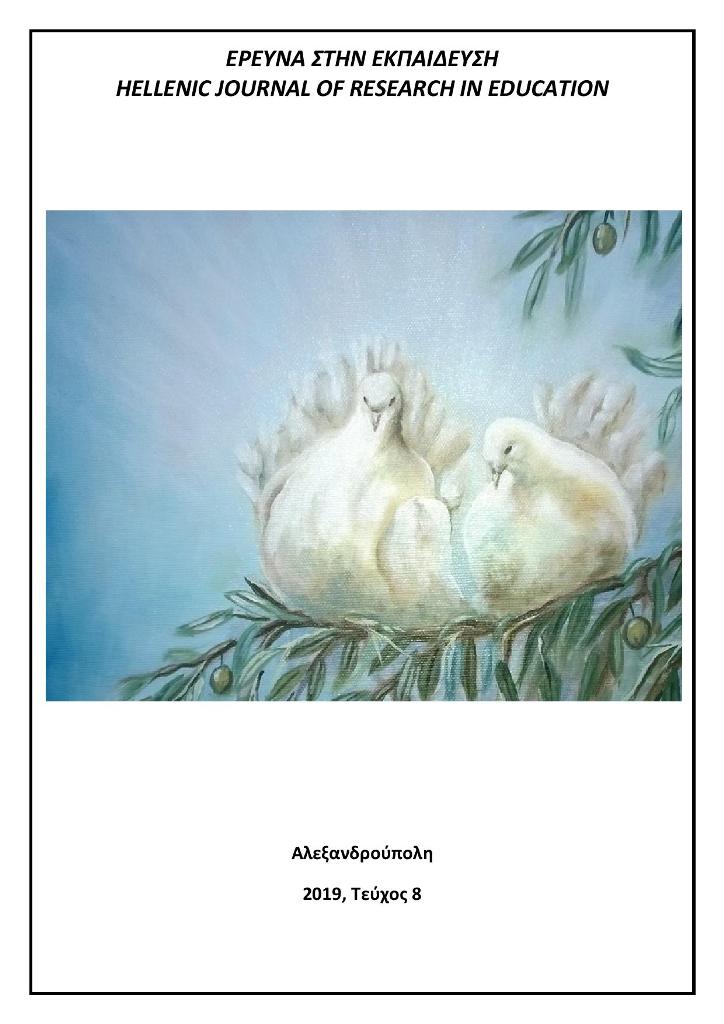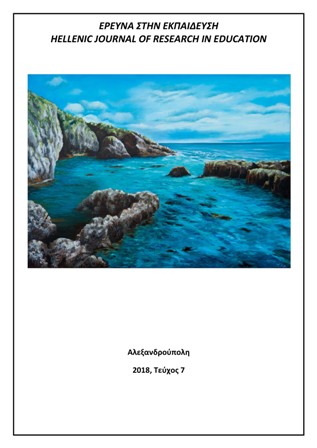The contribution of Environmental Education in the education of children with disabilities and/or special educational needs: Views of teachers

Abstract
Few studies have been conducted in Greece which examine the integration of Environmental Education (E.E.) into Special Education and its usefulness as a tool in teaching children with disabilities and/or special educational needs. The purpose of this quantitative study was to examine the views held by teachers concerning the contribution of E.E. in the education of individuals with disabilities and/or special educational needs. The sample consisted of 161 teachers (138 females and 23 males). The research tool was created using Google Forms and included 7 demographic statements and 20 structured statements about the views of teachers regarding the contribution of E.E. in Special Education. Closed-ended statements were used on a 5-point Likert scale response format. The sample was analysed using descriptive and inferential statistics (SPSS 21). The results of the study showed that teachers believe that E.E. can constitute an important tool in Special Education and be beneficial to children with disabilities in all areas of their development. Moreover, the gender, the level of education, the specialty and the work unit as dependent variables, played a major role in the participants' responses. In conclusion, E.E. is necessary for the education of children with disabilities and special educational needs.
Article Details
- How to Cite
-
Λάππα (Lappa) Χ. (Christina) Σ., Μαντζίκος (Mantzikos) Κ. (Constantinos) N., & Παρασκευόπουλος (Paraskevopoulos) Σ. (Stefanos). (2019). The contribution of Environmental Education in the education of children with disabilities and/or special educational needs: Views of teachers. Hellenic Journal of Research in Education, 8(1), 1–16. https://doi.org/10.12681/hjre.19473
- Issue
- Vol. 8 No. 1 (2019)
- Section
- Articles

This work is licensed under a Creative Commons Attribution-NonCommercial-ShareAlike 4.0 International License.
Authors who publish with this journal agree to the following terms:
- Authors retain copyright and grant the journal right of first publication with the work simultaneously licensed under a CC-BY-NC-SA that allows others to share the work with an acknowledgement of the work's authorship and initial publication in this journal.
- Authors are able to enter into separate, additional contractual arrangements for the non-exclusive distribution of the journal's published version of the work (e.g. post it to an institutional repository or publish it in a book), with an acknowledgement of its initial publication in this journal.
- Authors are permitted and encouraged to post their work online (preferably in institutional repositories or on their website) prior to and during the submission process, as it can lead to productive exchanges, as well as earlier and greater citation of published work (See The Effect of Open Access).



